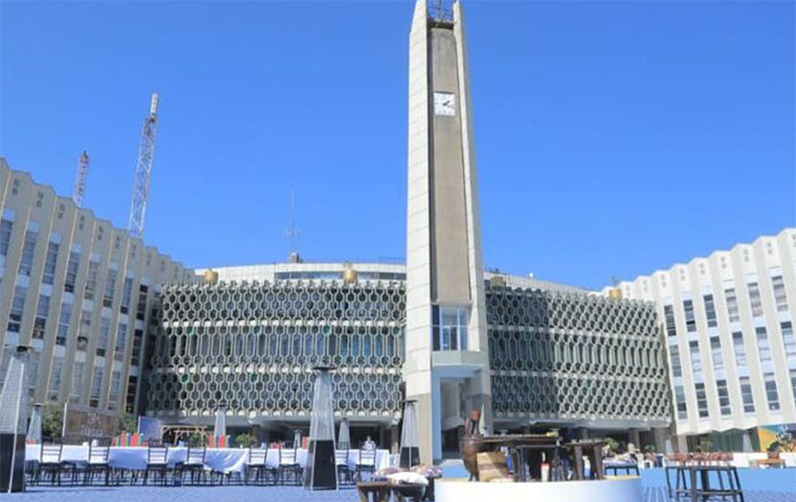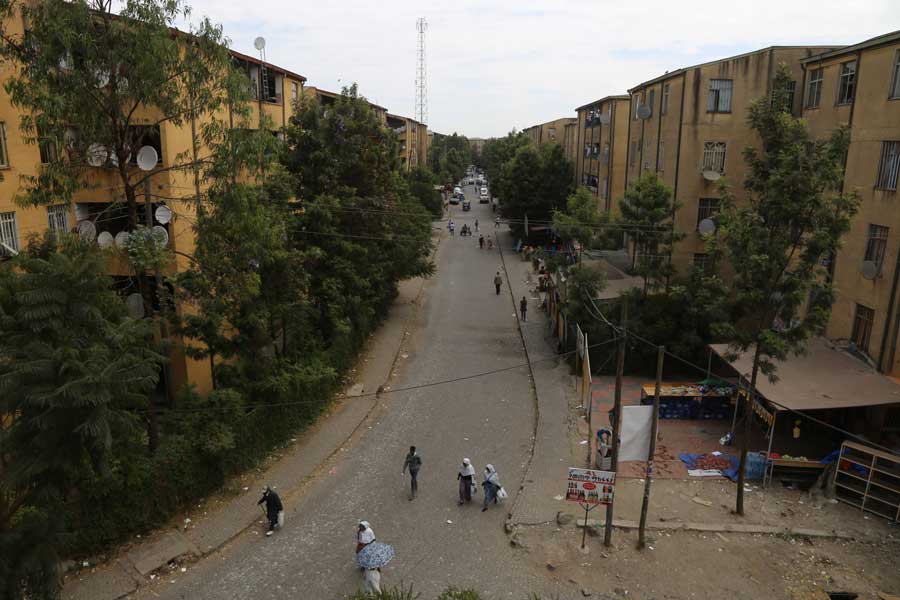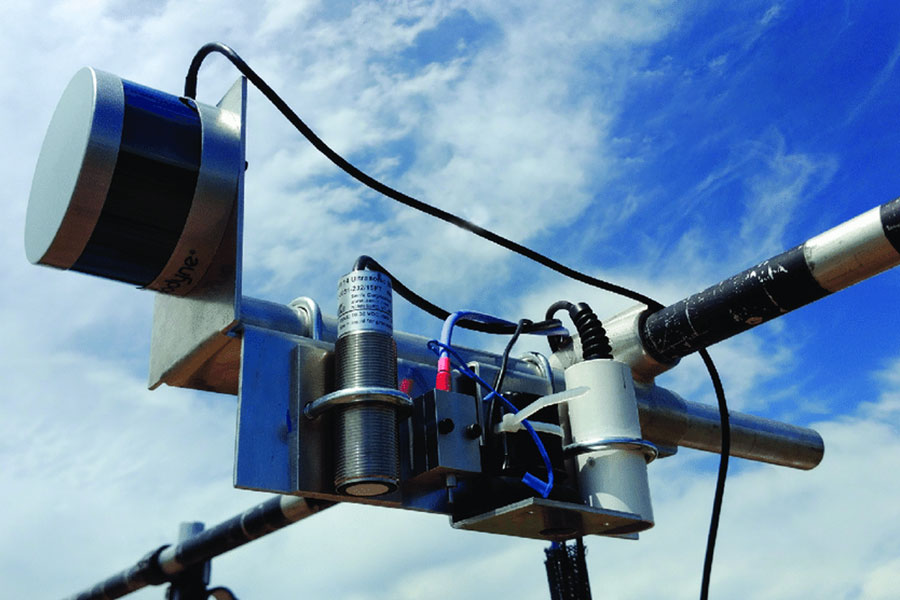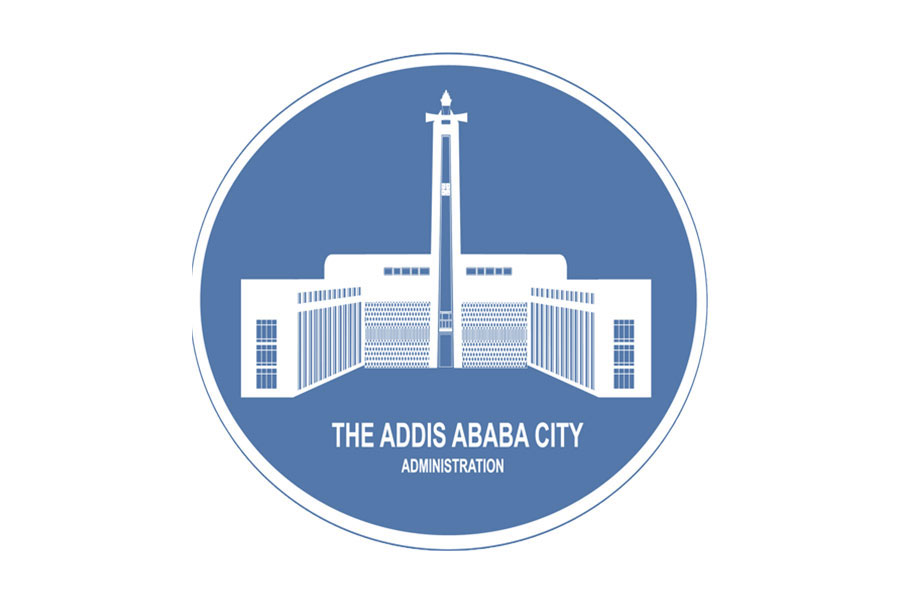
Jan 19 , 2019
By KALAEB GIRMA ( FORTUNE STAFF WRITER )
The city administration is investing 10 million Br to install an information system that will record, store, interpret and analyse information about displaced farmers for redevelopment purposes.
The system will also determine the amount of compensation to be paid to the farmers, where the farmers are to be relocated and identify which farmers need priority. The data will be analysed and fully automated.
To determine the variables mentioned above, the system will receive raw data inputs such as land holding and family sizes.
Currently, the process has been conducted manually, and the data used is old, duplicated, altered and full of errors, according to Sime Belay, deputy director at the project office, which was established to help with rehabilitating displaced farmers. Last July the office launched the construction of building complexes for 420 million Br each in five districts designed for that purpose. "In the rehabilitation process, we need an up-to-date, truthful and continuous flow of information," said Sime.
At the beginning this month, the city's Public Procurement & Property Disposal Agency floated a tender and is planning to select a firm to build the database system. The tender has attracted three as of the end of last week.
The system is expected to be fully operational in two years as a joint effort between the project office and the City's ICT Development Agency, which designed the format, interface and features of the program.
Once the data centre is built, the project office will develop the network and infrastructure across the 10 districts, according to Sime.
Currently, a total of 70,000 farmers live in the capital with farmlands mainly in Bole, Yeka and Akaki districts.
Due to the development of the city and the scarcity of land in Addis Abeba, the city administration plans to transform the lives of farmers by offering them different livelihoods, according to Sime.
One of the options to transform their lives is engaging them urban agriculture, including poultry and dairy farms in, according to Sime.
While relocating the farmers, the city Land Development & Management Office prepares a replacement plan for the farmers.
The farmlands are generally allotted to those who are relocated from the centre of the city due to infrastructure development, according to Teshome Leta, land development and urban renewal director at the Office, which plans to clear 78ha of land at five different sites in the capital this year.
"This process has been a major source of disappointment to farmers," Teshome told Fortune. "Now, we've stopped relocating residents to other places."
The City Administration came up with the new plan of settling the people close to their former area, similar to the plan for the La Gare Eagle Hills project, according to Teshome.
The 50-billion-Br La Gare Eagle Hills Project, which was kicked off two months ago, has promised to deliver homes to the current residents without displacing them. Prior to demolishing their homes, the developer will build homes for the residents on the open areas and move them to the new buildings.
Acknowledging the changes, experts in the field still note that the issue will no longer be a source of the grievance if other factors are fixed as well.
"The compensation paid to landholders should be altered," said Yihenewu Tefera, a senior land administration lecturer at Bahir Dar University.
Currently, the city administration pays 82 Br for a square metre of land for a landholder during relocation.
PUBLISHED ON
Jan 19,2019 [ VOL
19 , NO
977]

Fortune News | Jul 09,2022

Agenda | Nov 09,2019

Fortune News | Nov 05,2022

Fortune News | Oct 02,2021

Radar | Oct 15,2022

Dec 22 , 2024 . By TIZITA SHEWAFERAW
Charged with transforming colossal state-owned enterprises into modern and competitiv...

Aug 18 , 2024 . By AKSAH ITALO
Although predictable Yonas Zerihun's job in the ride-hailing service is not immune to...

Jul 28 , 2024 . By TIZITA SHEWAFERAW
Unhabitual, perhaps too many, Samuel Gebreyohannes, 38, used to occasionally enjoy a couple of beers at breakfast. However, he recently swit...

Jul 13 , 2024 . By AKSAH ITALO
Investors who rely on tractors, trucks, and field vehicles for commuting, transporting commodities, and f...

Jun 28 , 2025
Meseret Damtie, the assertive auditor general, has never been shy about naming names...

Jun 21 , 2025
A well-worn adage says, “Budget is not destiny, but it is direction.” Examining t...

Jun 14 , 2025
Yet again, the Horn of Africa is bracing for trouble. A region already frayed by wars...

Jun 7 , 2025
Few promises shine brighter in Addis Abeba than the pledge of a roof for every family...